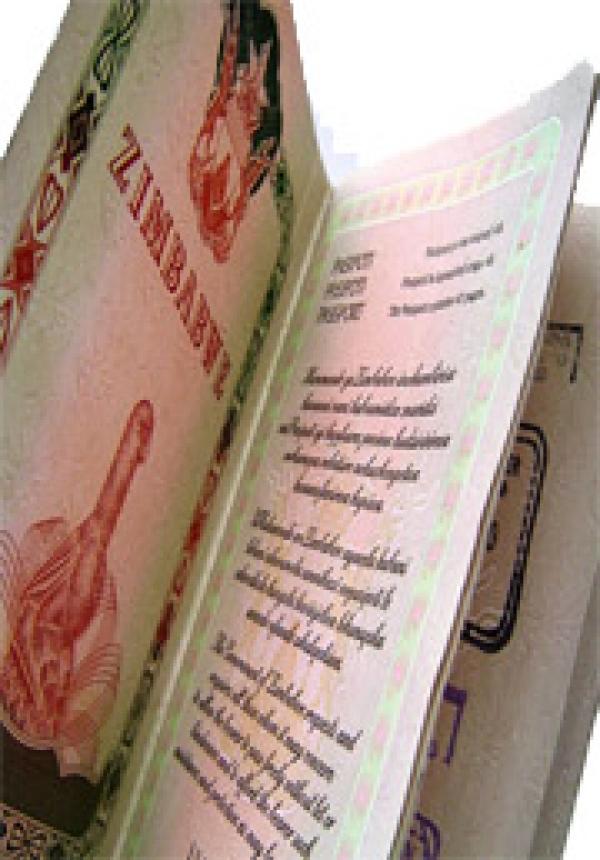For Zimbabweans, festive season travel is no holiday

Two Zimbabweans who went home for the festive season explain how it was more challenging than they imagined, both financially and crossing the border.
Caroline Hwesha described her journey to and from Zimbabwe as a hassle because the same process is repeated at the Beit Bridge border. She explained that travellers were being returned back to Zimbabwe for all sorts of reasons, for example the passport face is not clear or the customs officials do not believe the face on the passport is that of the traveller’s. On the South African side officials move painfully slowly. It takes a long time to attend to everyone. Some travellers bribe the officials or jump the border because even people travelling with proper documents might be returned for a ridiculous reason and it is really frustrating.
“Too much energy and money is involved. The traffic is heavy during the festive season. Beit Bridge border is too full and hot. Retailers hike prices and transport owners double their fares. The struggle endured for spending Christmas with the family is too much of a burden,” says Caroline who spent two days at the Beit Bridge border. “For many days people were shoving each other in the heat because the queue was too long,” she explained.
“Since I rarely go home, it is important that I buy gifts and groceries for the family and friends. I also bought groceries and school shoes and clothes for my cousin’s children who is a widow and my father’s brother who is ill and unemployed. When I return to Cape Town I have to pay rent, pay bills, and UNISA fees because I am studying. Travelling during Christmas holidays was costly because a Cape Town to Johannesburg normal bus fare route cost R500 but by the time I travelled to Zimbabwe, the cheapest bus to Johannesburg was charging R800. From Johannesburg I had to connect to Zimbabwe by bus which usually charges between R250 and R300 a trip, but towards Christmas, the cheapest bus was charging R800 a trip. Luggage was charged 30kg free then R5 per Kilogram extra.”
“The financial stress carried on in Zimbabwe where the taxis doubled the fares to Chitungwiza suburb where my parents stay. When relatives and friends hear you came from Cape Town they expect you to visit all of them at their places still by taxis who will be overcharging. Another dilemma is if you visit them empty-handed after spending such a long time out of the country, you will become the talk of town. The extended family will be scrutinising you. This is from your skin texture, the type of phone you are using and the quality of clothes you are wearing. Then in their conversation they make sure they dig down and find more about your lifestyle, for example how you are earning your living and what type of car you drive when you are in Cape Town.”
“However, their are also genuine friends who would visit your home and catching up with you without scrutinising or judging you but they are fewer than those who are in for competition. For this reason, many people save lots of money or they end up borrowing from friends or over-use their credit cards when they go to Zimbabwe. Most people opt to remain here to avoid stress and embarrassment.”
Maita Mudenga said she went crazy when she got in the supermarket to buy a 375g yoghurt for her nephew which is normally below R10 here and she was charged four US dollars (about R35 after conversion). To her surprise the people from home thought she was weird trying to budget and convert the US dollars to rands every time she spent money. They could not see anything wrong with the prices. They told her they are used to the prices and have become comfortable them since they are always trading in US dollars. She said one could buy with South African Rands but pay a bit more for an item.
Support independent journalism
Donate using Payfast

Next: So, who’s Coloured?
Previous: Farmworker protest

This article is licensed under a Creative Commons Attribution-NoDerivatives 4.0 International License.
